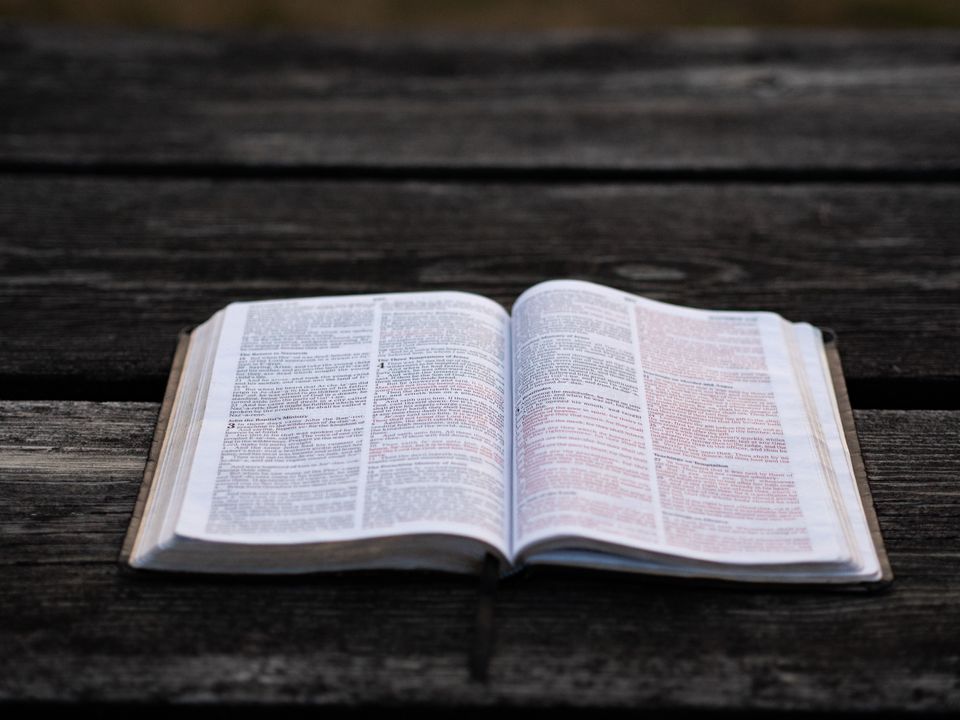an introduction to fear

In my experience, human beings are hardwired to fear; but that was incompatible with my understanding of Jesus' instructions not to fear.
I've spent a lot of time reminding myself that I shouldn't be afraid because God is taking care of me, but, despite my best efforts, I've spent a lot of time afraid especially since I've lived so far away from home. There are so many things that my family and community shielded me from that I never had to worry about before.
When I get anxious, the words of Jesus, "Do not fear" haunt me. I usually take them to mean that I have to face the world fearlessly, wearing courage that I know I don't actually have as if I could conquer the world through sheer willpower. At other times though, I think that I'm not supposed to have any courage at all and God will give it to me when I need it if I just believe in him hard enough. I'm not sure either of these is totally right.
Oscillating between these two contradictory thoughts gets me nowhere: the things I'm afraid of have never gone away due to some courageous attempt on my part to become braver or more trusting in God. My loved ones are still sick, my friends still do things that hurt me, and I still get to wonder whether or not the things I said today were misunderstood or unintentionally harmful to someone I care about.
In my experience, human beings are hardwired to fear; but that's incompatible with my understanding of Jesus' instructions not to fear. This became more confusing for me when I stumbled upon Luke 12, a passage where Jesus tells us both to fear and not to fear in almost the same breath:
"I tell you, my friends, do not be afraid of those who kill the body and after that can do no more. But I will show you whom you should fear: Fear him who, after your body has been killed, has authority to throw you into hell. Yes, I tell you, fear him.
Are not five sparrows sold for two pennies? Yet not one of them is forgotten by God. Indeed, the very hairs of your head are all numbered. Don't be afraid; you are worth more than many sparrows.
Luke 12:4-7 NIV (Emphasis mine)
In this passage, the words "afraid" and "fear" come from the same Greek word, but I'm already starting to realize that that word can be used in multiple senses. To tease apart its two meanings, I'll look at other passages in Luke that use the same word to say, "Do not fear."

Luke 1:13, 30, 2:10, 5:10, 8:50, 12:4, 7 (this passage), 12:32 all say "Do not fear," then immediately provide a reason for it. Click below to read all these verses together:

- In 1:13, Zechariah should not fear because his prayer has been heard.
- In 1:30 Mary should not fear because she has found favor with God.
- The shepherds in 2:10 shouldn't fear because they get to hear the good news of great joy.
- James and John shouldn't fear in 5:10 because they will be "catching people" from now on.
- In 8:50, Jesus tells Jairus not to fear because the same faith that healed the woman with the bleeding problem will also heal his daughter.
- In 12:4, the friends need not worry because those who kill the body can do no more than that.
- In 12:7, the same friends shouldn't worry because they are worth more than many sparrows.
- Finally, 12:32 (later in this same passage), Jesus tells his flock not to fear because it delights the Father to give them the kingdom.
One thing I immediately took away from all these verses: all the reasons not to fear also apply to us! These passages give me a lot of comfort.
Jesus tells us that all of our prayers are heard (e.g. Luke 11:5-13, 18:1-8), just like Zechariah's and Jairus'. If the Lord delights to give us the kingdom and he values us more than the sparrows that he keeps very careful track of, I can safely say that he finds favor with us too (he is our good father after all). We already know the good news: that Jesus brought the reign of God to earth, and we get to share that news with everyone: nobody can take away our choice to be part of it.
These are the things I think about to help me stop worrying. A lot of times I have to whisper the same thing over and over again to myself: "His eye is on the sparrow, and I know he watches me. His eye is on the sparrow, and I know he watches me. His eye is on..."
This helps me keep my daily challenges in perspective relative to all the amazingly good things that God does for me and everyone around me. When I focus on these points of encouragement, it's really hard to stay upset and worry about little things.
but it's more complicated than that
All of this seems to align with my current understanding of fear: that we have no reason to fear because God loves us and cares for us. But what about the big things? The things that can't be fixed or ignored through positive thinking? Is there ever a time when it's okay to be afraid? How do depression and anxiety (things that make it physically impossible to feel peace) play a role, if any, in the faith and life of a Christian?
There are lots more passages in Luke that talk about fear, and they're not as positive as the ones I looked at today. I especially note that Jesus tells us emphatically that there is, in fact, someone we should fear – but we should find out what that actually means before we jump to any conclusions!
In a later post, I'll look at the rest of the verses in Luke that use the word "fear" to try to untangle my confusion.
subscribe to get email updates and support my work
You can click the following link or the subscribe button at the bottom of the page to support my work and get an email when I make a new post!



